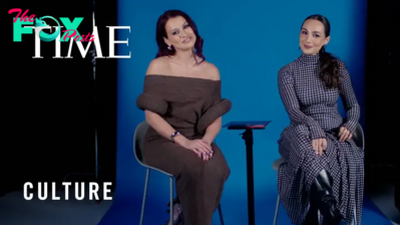Entertainment
Black Panthers Meet New Hollywood in the Bold, Thrilling Series The Big Cigar
Huey P. Newton would have been skeptical of The Big Cigar, a miniseries that dramatizes his flight from the U.S. to Cuba in 1974—and the show is the first to admit it. “The story I’m about to tell you is true,” says the Black Panther Party co-founder (played by Moonlight and The Knick star André Holland) in a voiceover that prefaces the electrifying, six-part series, which premieres May 17 on Apple TV+. “But it is coming through the lens of Hollywood, so let’s see how much of my story they’re really willing to show.” That Newton’s wariness of mass culture frames the story from the very beginning is a sign that viewers are in for something much smarter, bolder, and more challenging than the entertainment industry’s typical, sanitized take on radical politics.
The History that informs executive producer and writer Jim Hecht (Winning Time) and showrunner and writer Janine Sherman Barrois’ (Claws) action-packed drama is astonishing in itself. As The Big Cigar executive producer Joshuah Bearman recounted in the 2012 Playboy feature that the series adapts, Newton—who had already served time on charges that he’d killed a police officer, a conviction that was later overturned—became a fugitive when he was charged with the murder of a 17-year-old sex worker. (Newton insisted he was innocent of both crimes.) With limited options, amid a movement antagonized by law enforcement and riven by internal strife, he turned to his friend Bert Schneider (Amsterdam’s Alessandro Nivola), the counterculture-minded producer behind Easy Rider. Bert’s solution? Plot Huey’s escape as though it’s a blockbuster movie.
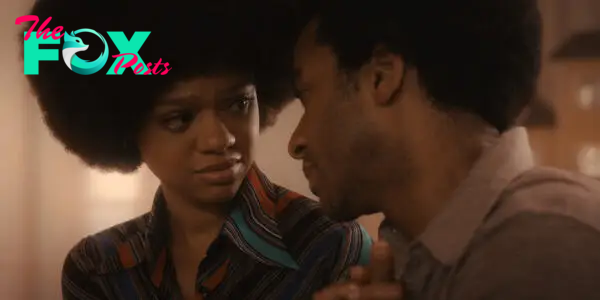
Dubbed, yes, The Big Cigar, the faux film project allows Bert—who is white, Jewish, and the son of a Columbia Pictures studio head—to mobilize resources (for example, a corporate jet) that Huey, as the leader of a financially precarious grassroots organization of Black radicals, could never have accessed on his own. Even with a well-heeled ally, Huey’s getaway is a logistical nightmare. The FBI, most vividly personified here by Sydney Clark (Marc Menchaca), an unhinged agent who hates having to wear his hair long for an undercover post as a hippie, is relentless in interrogating Panthers, family members, and anyone else connected to Huey. Bert, his childhood friend turned producing partner Steve Blauner (P.J. Byrne), and their creative cohorts collaborate with Huey on a series of wild schemes. Shot in the kinetic, often split-screen style of New Hollywood, the show’s action sequences are imaginative as well as thrilling. A shootout at Canter’s deli has all the style and wit of a Scorsese or Coppola joint.
IMMAculate as they can be, these set pieces are only the most outwardly impressive facet of a largely introspective story. Interspersed with Huey and Bert’s scramble are flashbacks to crucial moments from Huey’s life: his founding of the Black Panther Party with Bobby Seale (Jordane Christie) in 1966, the iconic photo of him in a rattan chair brandishing a spear and a rifle, his release from prison in 1970, his schism with fellow Panthers leader Eldridge Cleaver (Brenton Allen) over Cleaver’s preference of gun-toting militance to service of the Black community.
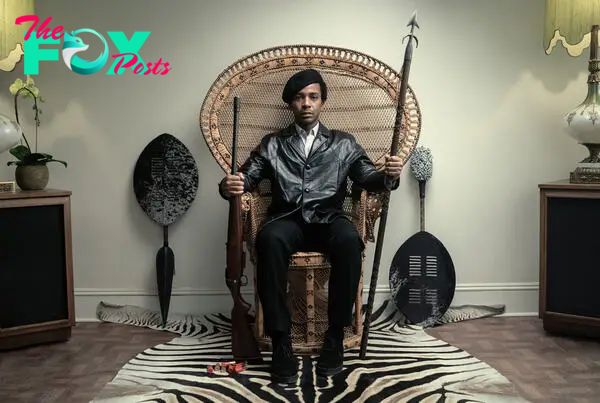
These aren’t bullet points in a dry, Wikipedia-style biography. They function as portals into Huey’s state of mind in 1974. Eldridge, now living as an exile in Algeria, is in his head calling the Panthers’ breakfast program soft. On the other end of the radical spectrum, Bobby has turned to electoral Politics and blames Huey and his outlaw associates for ruining his chances of winning Oakland’s 1973 mayoral race. Huey is thinking about his beloved father (Glynn Turman), a preacher, who cautions him against messianic delusions: “Most of the world’s problems come when the messenger thinks he’s the message.” Government surveillance and infiltration, via programs like COINTELPRO, have left him paranoid. Confusion reigns over whether dissent within the ranks of the Panthers is organic or orchestrated by undercover agent provocateurs.
A portrait emerges of a brave, thoughtful man whose vision of, as he puts it, “a world beyond coNFLict and violence” is under attack from all sides. Huey is driven by revolutionary ideas; The Big Cigar touches on the work of leftist thinkers like Guy Debord and Frantz Fanon. (It also, thankfully, trusts viewers to do their own research, instead of spoon-feeding us baby-food simplifications of 20th century political philosophy.) But, contrary to both the idolatry and the vilification that afflict so many depictions of radical leaders, he’s also only human. Hecht and Barrois wisely—if sometimes too conspicuously—draw parallels between Huey and Bert; both men are idealists with drug problems and a tendency to use the revolution as an excuse to neglect the people who love them. While the series does a bit of a disservice to the female characters on the periphery of this story, it succeeds in conveying the many risks Huey’s loyal girlfriend, Gwen Fontaine (Tiffany Boone), takes and sacrifices she makes on his behalf.
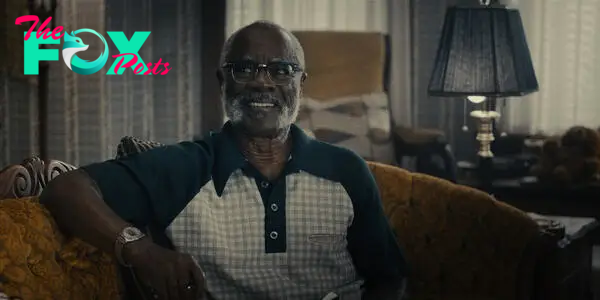
The Big Cigar works on multiple levels. It’s a retro action thriller. It’s a fictional representation of American History and the biography of a countercultural giant. It’s a showcase for Nivola, Boone, and especially Holland, who balances Huey’s intelligence, courage, and post-traumatic paranoia. There’s humor in the culture clash between revolutionaries and Hollywood types; a screenwriter piloting a rescue boat gets so distracted, typing a script about what he’s doing at precisely that moment, that he crashes into an underwater sculpture of Jesus.
While the events it fictionalizes couldn’t be more quintessentially ’70s, the show has relevance to a present-day reality in which the government’s treatment of dissident Americans is once again drawing ire, in connection with a conflict that has tested bonds between the Black and Jewish communities that date back to the civil rights era. The Big Cigar doesn’t deify its activist characters, but neither does it hide its sympathies. As a final line of on-screen text, printed over footage of Black Lives Matter protests, makes explicit: “The need for a revolution continues.”
-
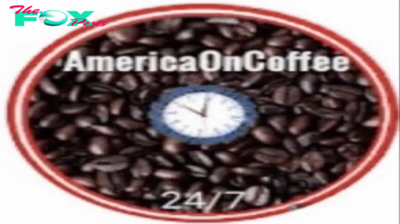
 Entertainment4h ago
Entertainment4h agoAmerica On CoffeeWe’re simply inviting you to take a timeout into the rhythmic ambiance of our breakfast, brunch and/or espresso picks. We’re pleased everytime you cease by.“BLONDIE – RAPTURE”
-

 Entertainment5h ago
Entertainment5h agoGladiator 3 Already in Works, Reveals Director
-

 Entertainment9h ago
Entertainment9h agoAmerica On CoffeeWe’re simply inviting you to take a timeout into the rhythmic ambiance of our breakfast, brunch and/or espresso picks. We’re comfortable everytime you cease by.Take pleasure in And, Chill out …
-
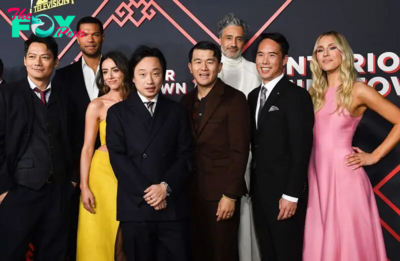
 Entertainment10h ago
Entertainment10h agoHow ‘Interior Chinatown’ Satirises Asians in Hollywood with Witty Social Commentary
-
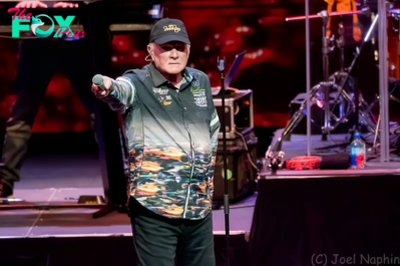
 Entertainment15h ago
Entertainment15h agoPHOTO GALLERY: The Seaside Boys – OLG Stage at Fallsview On line casino – Niagara Falls, Ontario – November 16, 2024
-
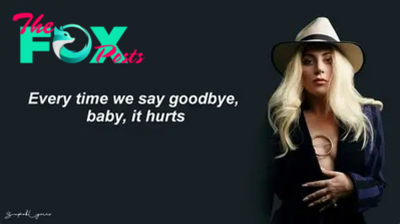
 Entertainment20h ago
Entertainment20h agoAmerica On CoffeeWe’re simply inviting you to take a timeout into the rhythmic ambiance of our breakfast, brunch and/or espresso picks. We’re completely happy everytime you cease by.“All the time Keep in mind Us This Method” Woman Gaga
-
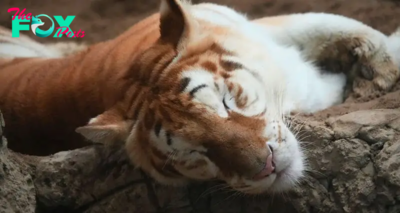
 Entertainment20h ago
Entertainment20h agoHow to See Ava, Chiang Mai Night Safari’s Golden Tiger
-

 Entertainment21h ago
Entertainment21h agoDictionary.com Names ‘Demure’ as Its Word of the Year for 2024
